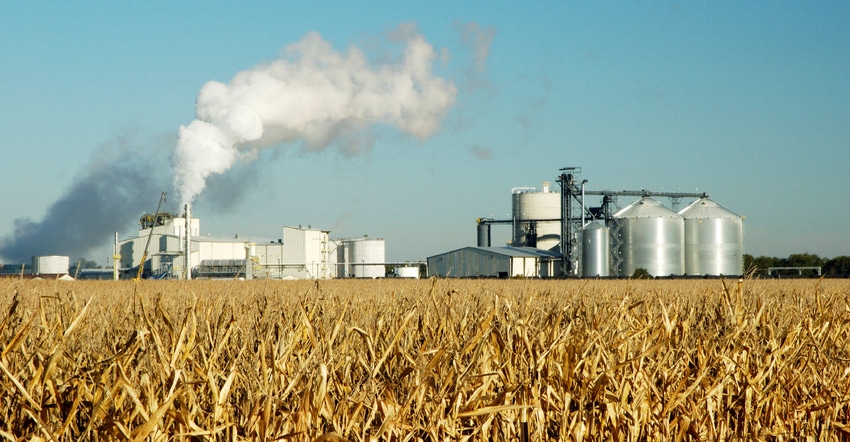Stakeholders submit joint comments on Canadian Clean Fuel Standard
Comments suggest expanding current minimum blending requirement for biofuels from 5% to 10% nationwide.
February 28, 2019

The Renewable Fuels Assn. (RFA), Growth Energy and the U.S. Grains Council (USGC) recently submitted joint comments to Environment & Climate Change Canada (ECCC) supporting their goal of reducing the carbon intensity of Canada's fuel stream through the Clean Fuel Standard. The comments offered recommendations on how biofuels, like ethanol, can help reach the ECCC Regulatory Design Paper's goal of reducing greenhouse gas emissions 23 megatons by 2030.
"While there are several details that are yet to be determined, we support the laudable and achievable goal to reduce the carbon intensity of the liquid fuel stream by 11%, ultimately leading to a 23-megaton reduction in greenhouse gas emissions by 2030. We believe that by using low-carbon biofuels such as ethanol, Canada can succeed in its own greenhouse gas reduction goals," the groups said.
The comments suggested expanding the current minimum blending requirement for biofuels from 5% to 10% nationwide. They also highlighted the importance of ensuring that the biofuel regulations put in place focus on promoting economic growth and securing a pathway to meeting Canada's climate goals. These include improving upstream fossil fuel protocols on exports, limiting abuse of compliance flexibility and allowing public comment and review of carbon intensity models.
Policy timeline
Since announcing the policy in late 2016, ECCC has broadly engaged and listened to stakeholders about the design of the policy. However, ECCC announced last year that it recognized the need for additional time to work with interested parties to conduct robust technical and economic analyses to ensure that the Clean Fuel Standard achieves its goal while maintaining Canadian competitiveness. As such, the timeline for developing the Clean Fuel Standard was adjusted.
The revised timeline, ECCC said, would allow the standard to support the transition to lower-carbon fuels while maintaining competitiveness, encouraging growth in Canada’s low-carbon fuel industry and creating new economic opportunities across the country.
The revised approach starts with the development of the standards for liquid fuels, followed by gaseous and solid fuels together. The timelines are:
For liquid fuels, publish proposed regulations in the spring of 2019 and final regulations in 2020, with requirements coming into force by 2022.
For gaseous and solid fuels, publish proposed regulations in the fall of 2020 and final regulations in 2021, with requirements coming into force by 2023.
You May Also Like


